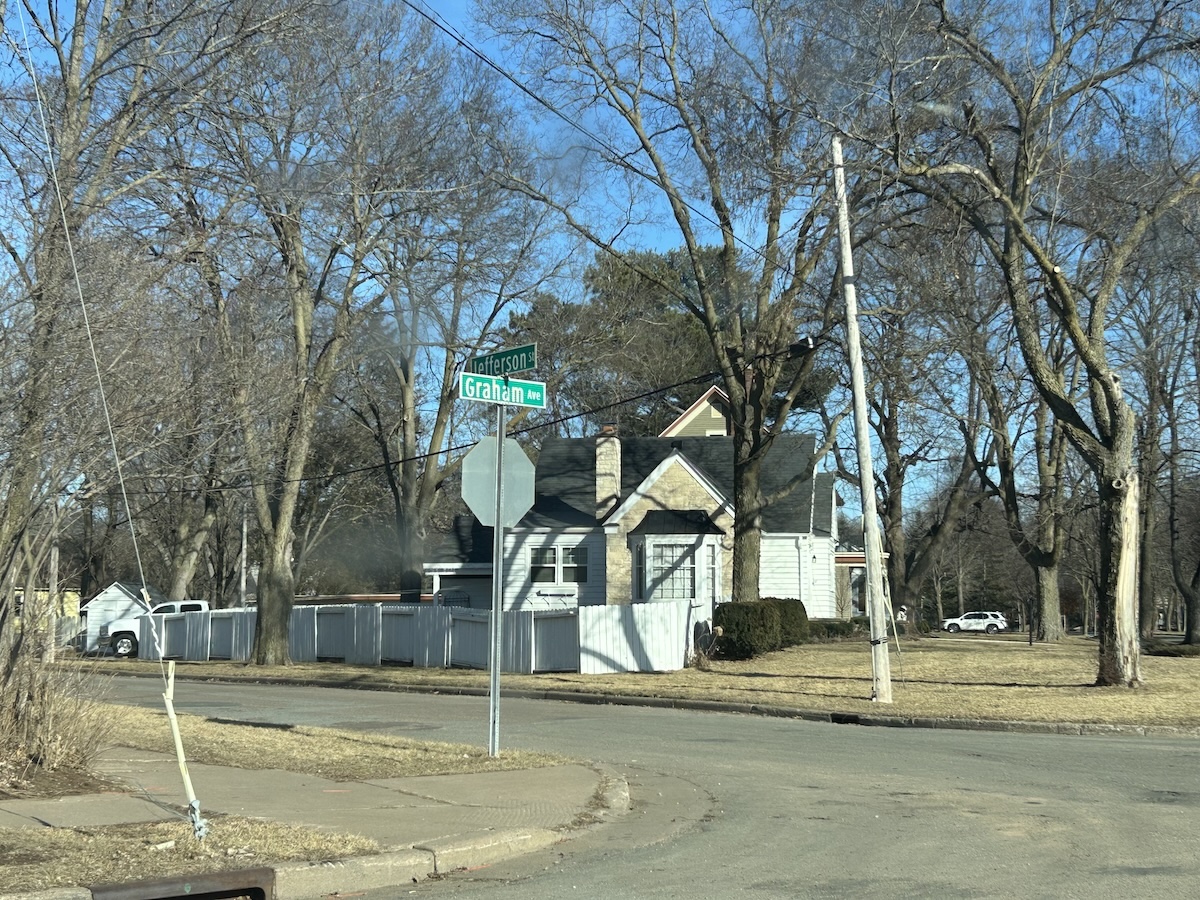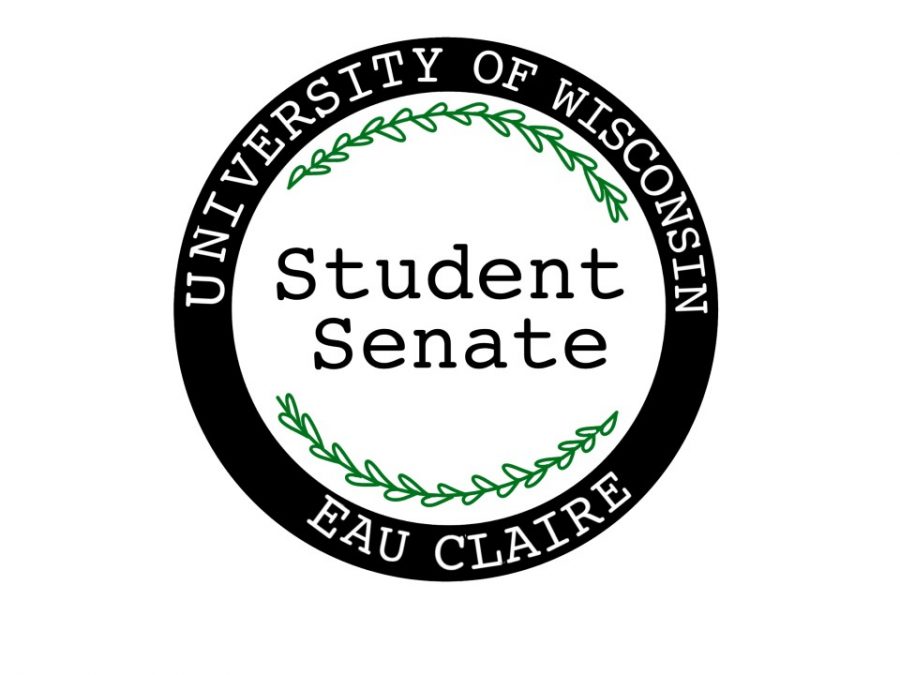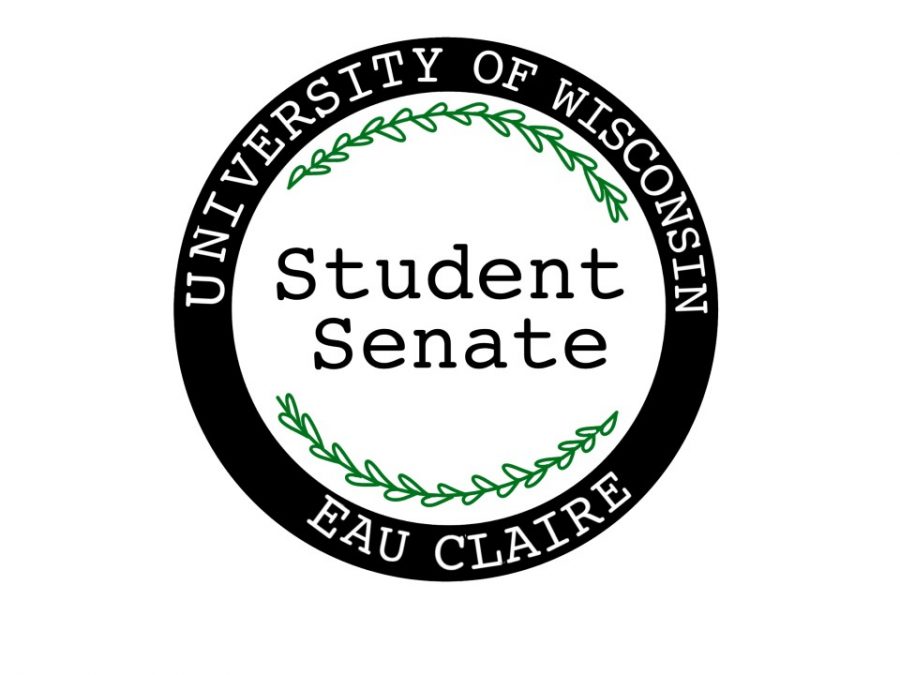The College of Arts and Sciences will need to adapt to some major challenges it will encounter in upcoming months, the UW-Eau Claire provost said.
The challenges came into sharp focus during the search for the new dean of the College of Arts and Sciences during the current semester. That search has since been terminated because of the challenges that came to light. Interim Dean Marty Wood currently handles the responsibilities of that position.
Provost Patricia Kleine, who is also acting as the current “officer-in-charge,” met with the Arts and Sciences department chairs on April 17 to discuss the challenges facing the college and potential options going forward.
“I’m looking for the chairs to work collaboratively to figure out the best solution for the challenges the college faces,” Kleine said.
Marc McEllistrem, assistant professor of chemistry and spokesperson for the committee of department chairs, said the chairs are happy to work with the provost, but they feel as though they do not have enough knowledge of the situation.
“I don’t think we fully appreciate yet the challenges the college faces,” he said. “We need to better understand the challenges if we’re going to work toward solutions. We don’t yet have enough information to have an informed conversation.”
While the challenges are hard to define, Kleine said, the major concerns include the large scale of the college and its current dual purpose — to provide classes for individual majors and also to provide classes that fit general education requirements for every student.
The university has been looking to reform the GE curriculum for several years. McEllistrem said he sees general education reform as being essential to the college moving forward.
“GE reform is still in a framework phase right now,” McEllistrem said. “It could be stalled by these issues within the college.”
Kleine made similar remarks, saying that reform of the current system, which was put in place in the late 1970s, is “long past due.”
“Our learning goals are not mirrored in the current GE program,” she said.
During the April 17 meeting, the provost brought up an example of restructuring the college as a possible solution, but noted that it was one of many options. After that, rumors ran amok on campus, raising false concerns that the college would be split up. However, that wasn’t the case.
The Academic Policies Committee, a committee of the University Senate, addressed those rumors in a May 1 vote to recommend to University Senate that “any proposal for reorganizing any college follow established policy and pass first through the Academic Policies Committee and then through the University Senate for input and
recommendations prior to any action taken.” The vote was 7-0 with one abstention. The senate passed it with a voice vote on May 8.
Neither McEllistrem nor Kleine think the challenges facing the college and university are only financial.
Budget records for the college of arts and sciences for the 2010-2011 fiscal year show that the college ended the year with a negative balance of $205,749. In comparison, the College of Business also had a negative ending balance, but the colleges of Education and Nursing ended the year with positive balances.
At the end of the year, the balances are collapsed into the general academic affairs fund. The total positive balance was more than the total negative balance, so the colleges as a unit ended the year with a positive balance.
Dave Gessner, assistant chancellor for budget and finance, said that the 2011-2012 fiscal year could end up very differently, however, because of the budget cuts and lapse adjustments.
Gessner said the budget system is more complicated than just budget versus expenditures, which means it can be difficult to understand why a college may come in over budget in one particular year.
Because Arts and Sciences is so much larger than the other three colleges — all three budgets combined are still less than the budget of Arts and Sciences — it’s more difficult to pinpoint the source of successes or problems.
“We should have a more focused use of funds, which will allow us to link sources to outcome of results,” Gessner said. “We simply can’t afford to be all things to all people.
“I don’t think the impetus for possibly restructuring the college is based purely on financial reasons,” he said.
The notion of change is a problem for a lot of people, Kleine said.
“The termination of the dean search made a lot of people angry, but this is a conversation we have to have. It’s the new reality of working in public higher education.”
Freelancer Breann Schossow contributed to this report.






